Rising global temperatures have shone a brighter spotlight on the need for heat-tolerant crops — particularly those enhanced to withstand more heat via genome editing.
France-based bioscience startup Plantik Biosciences has spent the last few years developing a process for this, starting with tomatoes.
A global staple crop, tomatoes can’t withstand extreme heat. As climate change continues, some estimate substantial declines in tomato production because of this.
Plantik is tackling the problem through its genome-editing platform, which produces high-heat-tolerant tomatoes in a fraction of the time it would take through traditional breeding processes: 12 months versus five to eight years, according to Plantik cofounder and CEO Ying Shao.
The milestone was enough to win the company a spot in this year’s AgFunder GROW Impact Accelerator currently taking place in Singapore.
Key to Plantik’s success is the company’s focus on “the dark genome,” a term borrowed from human genetics that describes little understood matter in plants.
In a recent conversation with AgFunderNews, Shao explained how Plantik uses this approach and which crops the company is tackling after tomatoes.
AgFunderNews (AFN): Why did you start Plantik?
Ying Shao (YS): We started the company hoping to really advance the application of genome editing in the plant engineering sector, specifically with this edge on understanding how plants react to heat and making them more tolerant to heat stress.
I come from a business background. I always knew that I wanted to start a company, but I didn’t have a very precise idea about which industry I wanted to [work in]. I tried different industries then realized that I wanted to start a company with impact and also with a technological advantage.
I wanted to find a technical cofounder, and this is what drove me to Entrepreneur First in Paris. And I met my cofounder [Aditya Nayak, CTO] who at that point had just finished his PhD in France at the CEA Institute. He has always been a plant scientist, and his PhD was about temperature-sensing mechanisms in plants, especially through structural biology and genome editing. He had invented a method to genome-edit plants that survived high heat and also maintained yields under that heat stress.
When we met, I had started to understand genome editing but more in a human medicine context. Through Aditya, I learned that there’s a very high potential application of genome editing in agriculture, especially for creating plants suited to the challenges we face with climate and also for future uses to customize plants.
Aditya had shown through experiments that editing smaller regions (8-10 base pairs) called the cis-genic regions of genes in the genome of a plant could be very effective; these regions are what is called “the regulatory region,” which regulates how much a gene is expressed. This means that it is possible to look into very complex traits in a plant.
Aditya was born and grew up in India, and I was born and grew up in China, so two of the most populated developing countries where agriculture is very important. His family still has a family farm in India, and I grew up with my grandparents, who were both farmers, so we both had this fondness for agriculture and the land. We both came to Europe to pursue higher studies.
All that sort of united us for this mission to make agriculture more climate resilient and more sustainable through technology.
AFN: Explain the difference between genetic modification and what Plantik does
YS: It can get technical, but we can say that in most jurisdictions today that are quite advanced — the US, Japan, Switzerland, etc. — products coming out of genome editing are not regulated as GMOs.
The difference is that in the creation of a GMO, there’s often a foreign genetic element introduced into the original plant or animal genome. Very often, it’s genes from a bacteria that helps the plant or the animal to be more resistant to, for example, a certain virus. This kind of creation of a new organism cannot really happen in nature.
But genome editing is different because there’s no introduction of such foreign material. So we are really looking at a genome of the plant itself and [trying to] accelerate natural evolution.
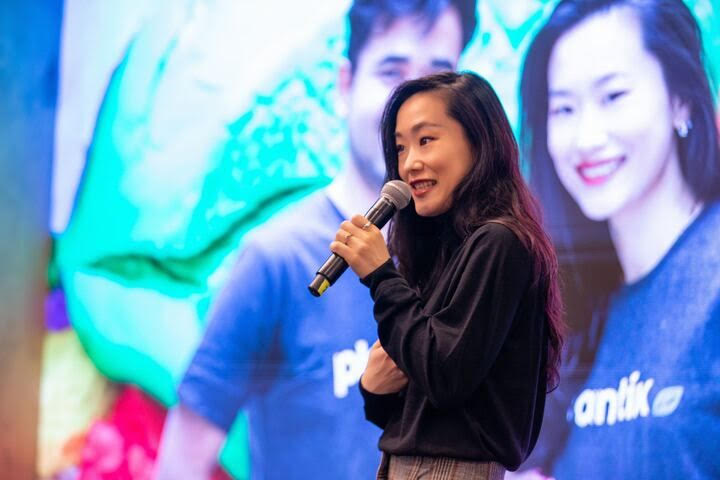
AFN: How is what Plantik does different from traditional plant breeding?
YS: The results [could also] be achieved by classic breeding. The main difference there is that [Plantik’s technology] is much faster, because we look at the genome, we understand which exact locations are responsible for the trait that we’re looking for, and we induce that trait by editing. With classic breeding, it would just take much longer for such events to occur via mutation and then screening to find that exact mutation. Most of the time apart from the change that is desirable there are also changes that are undesirable using classical breeding and a lot of time is spent in getting rid of the undesirable traits.
To give an example, in the heat tolerance we are generating in tomato, which [will also be] our first product, we made a proof of concept tomato that is tolerant to an increase of seven degrees Celsius of heat, and we achieved that in just 12 months without any associated undesired traits.
With classic breeding, in general we would expect the technical development time for such a high tolerance to be between five to eight years.
So the sheer difference is really time, and that time makes a lot of sense in the current context because of climate change and how the extreme weather events are becoming much more frequent.
AFN: What is Plantik’s Atlantis platform and how does it fit into all this?
YS: Atlantis was built to help us better understand the genetic makeup of a plant, and especially to explore the regulatory regions of the genome, what we call “the dark genome.”
It is a term we borrowed from human genomics. It simply means the part of the genome that was a bit obscure before. Specifically for [Plantik], it refers to the elements that regulate the expression of a gene.
We built Atlantis especially to understand those regulatory elements and to find the most promising ones for a particular trait.
AFN: Why focus on these regulatory regions?
YS: Scientists have always known that for a lot of traits, it’s these much finer elements that make these differences in what we call “quantitative traits.”
Yield is classically quantitative, because it’s about how much a plant produces. Tolerance is also quantitative — how sensitive a plant is to heat or to drought.
What big groups of genes usually control are qualitative traits — for example, if a plant can produce a red flower.
Scientists have always known that quantitative traits are economically very important: tolerance, height, yield, how many leaves, how many flowers. These quantitative traits are often controlled not by big groups of genes but by the regulatory elements. It’s very difficult to understand what’s really happening in that dark genome.
We built Atlantis to help understand the dark genome. It’s a platform to analyze plant genomes, and especially the dark genome.
We build it with machine learning algorithms so that it can learn from new omics datasets, and provide enhanced analysis and also the predictions of targets with time. It is also built on the latest data infrastructure of the cloud so that we can scale the advanced platform to a new plant genome easier.
[The latter point] was a blocker before. If we understood, for example, the genome of a tomato, it would take a long time to adapt that knowledge to the genome of corn or quinoa.
Today, because we have big data infrastructure that is very efficient and built on the cloud, we can do that part more efficiently and cost effectively.
We can also gain insight to different plants with much more ease than before. So Atlantis is a data platform with algorithms that can analyze, discover and compare targets to come up with the most relevant, promising one to generate a complex trait.

AFN: What are one or two of your biggest milestones as a company so far?
YS: The most important one is the heat-tolerant tomato that we achieved [as our] in-house proof of concept. We managed to achieve that in 12 months, and we tested that tomato under a mimicked heat wave, which lasted seven days. Basically it was not affected by the heat wave and maintained the same yield, whereas the wild plant under the heat lost about 30% yield.
Now we are translating those results into commercial varieties of tomatoes.
Our first target market is India, because that market is really facing challenges from heat, so there’s urgency to have this type of product and technology. And also, India is the world’s second-largest tomato producer; a lot of the local farmers, their livelihoods depend on tomatoes.
Now we are establishing local partnerships with companies that cover India and also other South East, South Asian markets.
Through GROW, we are establishing partnerships so we can co develop and transfer the results into commercial tomatoes, and also trial them in local markets.
Also, because of the way we built the technology, we can scale to other crops rather quickly. And one business model we have is to license the technology and the trait, such as heat tolerance, to other crops.
In this regard, we are also in the middle of building a joint venture for introducing the high tolerance to heat in potatoes. We are joining forces with two Swedish partners: one technical partner that is a specialist in genome editing in potatoes, and another partner that is more on the funding side.
AFN: How did you link up with the GROW accelerator?
YS: We have a current investor from the Netherlands called Future Food Fund. They have a portfolio company that was in the last cohort of GROW. They recommended the program because they saw that it could bring access to the Asian market, which is in our development timeline for the product.
So far with GROW, what has been really, really valuable is the connection to Asia.
The program has been really helpful in establishing mentorships and potential partnerships in Asia for us.
Another thing is all the support from the program on how to measure our impact. I also find it very helpful, especially for us still in the early stage, to know what data to collect in future. That’s really very forward-thinking and helpful when we are preparing for market entry.


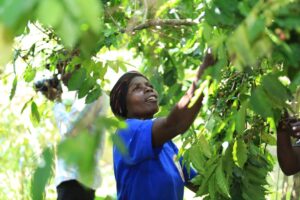
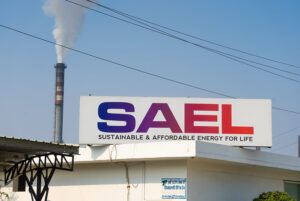

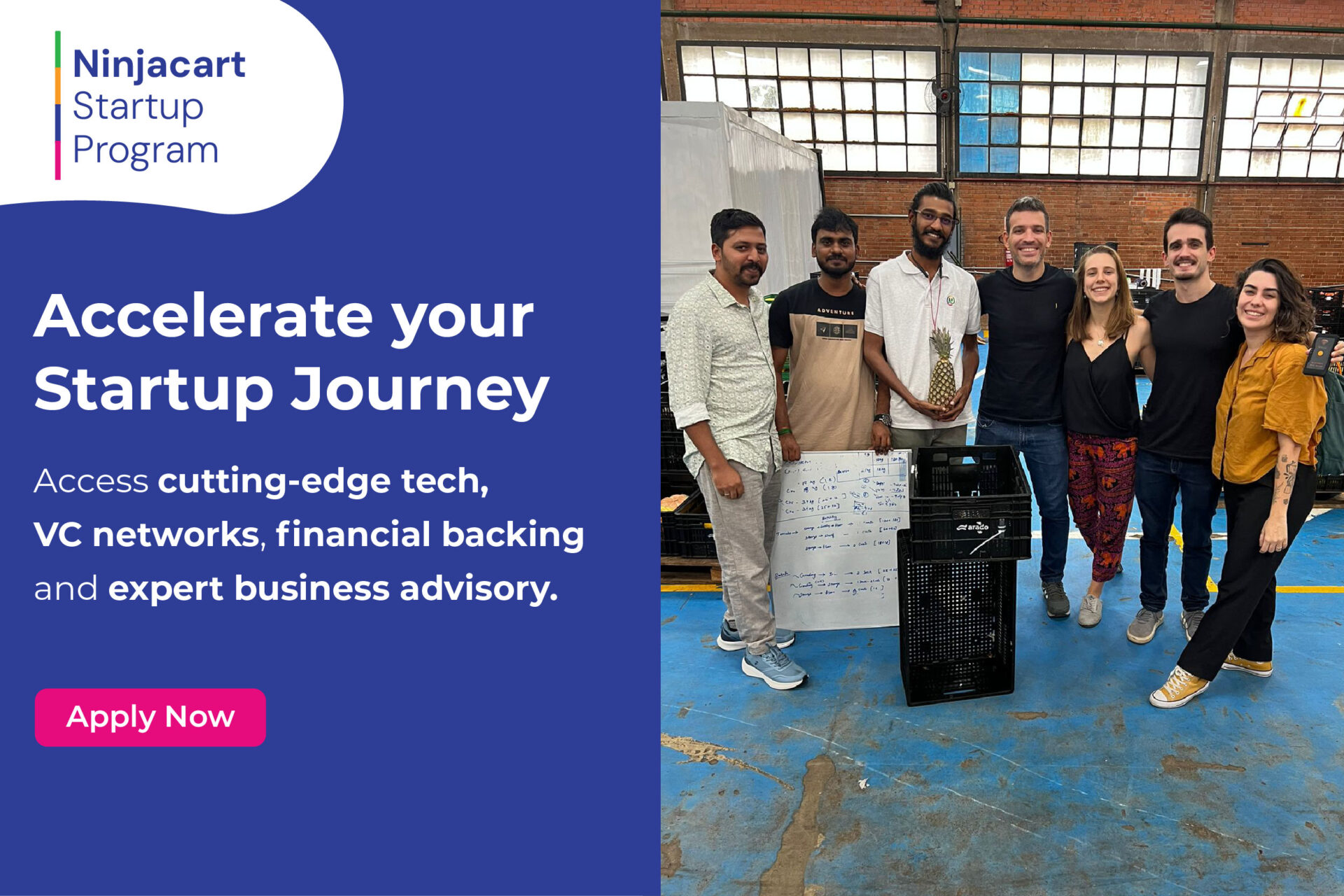

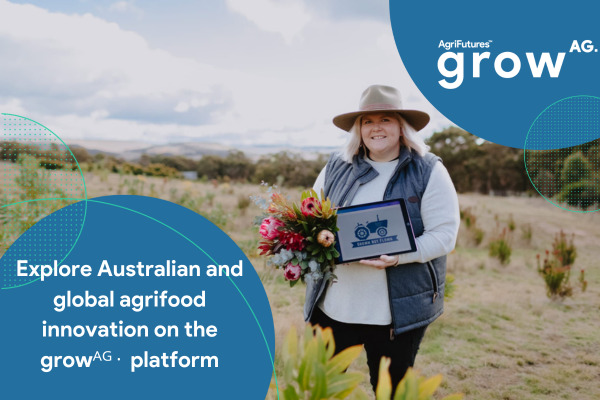
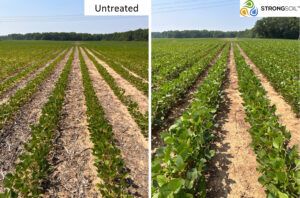
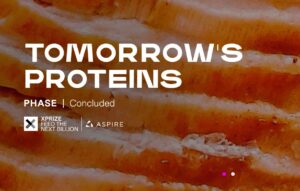


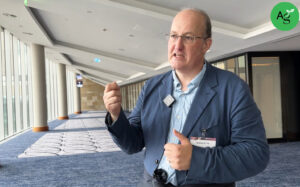
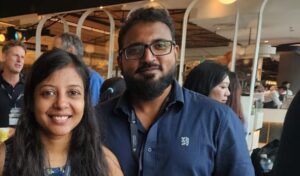


Guest article: Agtech poised for a rebound in 2025?